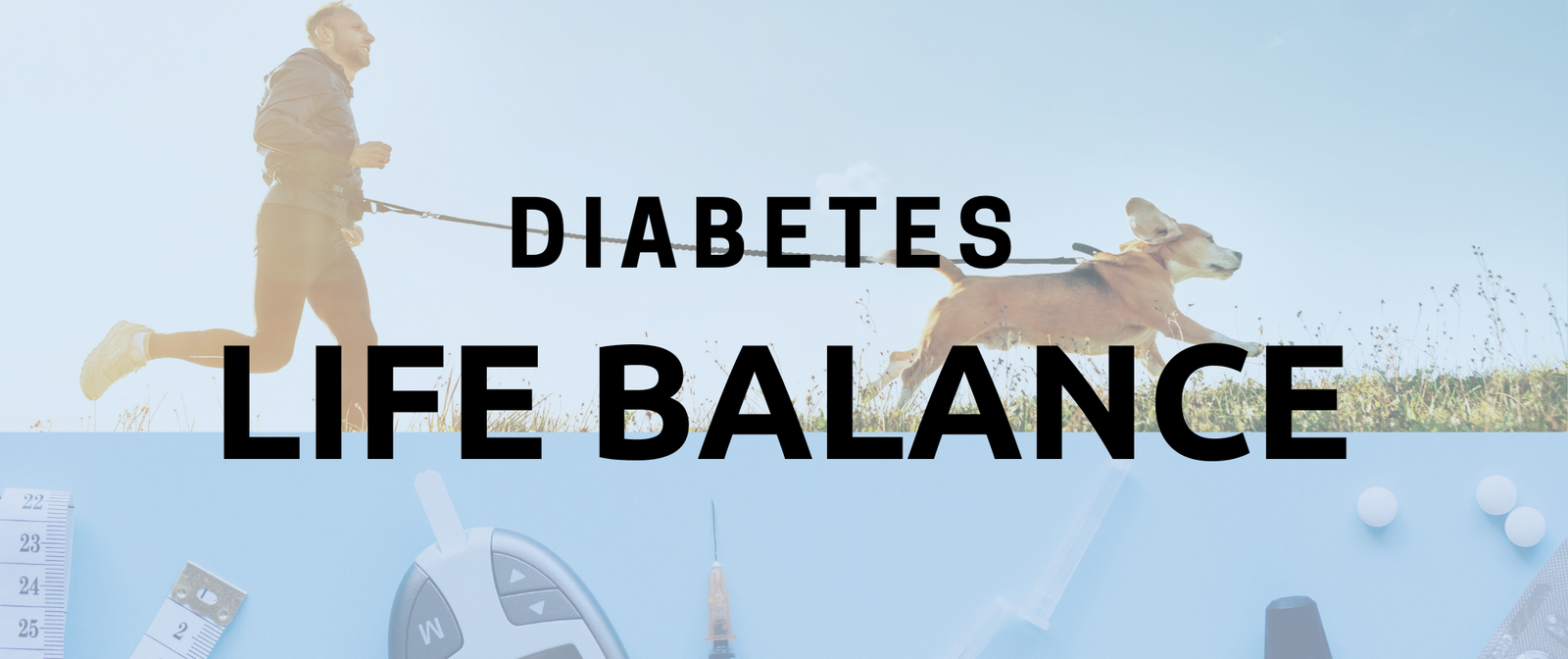In the turmoil of the COVID-19 pandemic, a parallel health crisis loomed – an unprecedented surge in diabetes cases worldwide. The intertwining of these two healthcare calamities warrants a comprehensive examination. This article presents a complex analysis of the reasons behind the escalation in diabetes cases during the COVID-19 pandemic and strategies to counteract this rising tide.
The Convergence of Two Health Crises
The Vicious Cycle of Diabetes and COVID-19
The COVID-19 pandemic wreaked havoc globally. During this period, there was a significant rise in diabetes cases. The relation between COVID-19 and diabetes is reciprocal – while diabetes predisposes individuals to severe COVID-19 infections, the virus can also trigger the onset of diabetes.
The Role of Inflammatory Responses
COVID-19 infections often cause excessive inflammatory responses. In some individuals, this leads to autoimmune reactions wherein the body’s immune system targets the pancreatic beta cells, which are crucial for insulin production, leading to diabetes.
Psychological Factors at Play
Pandemic-Induced Stress and Diabetes
The anxiety and stress associated with the pandemic have profoundly impacted blood sugar levels. The stress hormones cortisol and adrenaline lead to elevated blood sugar levels, increasing the risk of diabetes.
The Emotional Eating Phenomenon
For many, food became a refuge from the emotional turmoil. Emotional eating, especially of high-calorie comfort foods, contributed to weight gain and the onset of type 2 diabetes.
Lifestyle Alterations and Their Impact
Sedentary Lifestyles and Physical Inactivity
The lockdowns and restrictions led to more sedentary lifestyles. The lack of physical activity is a significant factor in developing type 2 diabetes. If you need more information on the best way to exercise to help prevent Diabetes, read this post, or you can look at this.
Changes in Dietary Patterns
People resorted to consuming more processed and fast foods, often high in sugar and unhealthy fats, contributing to obesity and insulin resistance.
Economic Constraints and Health Choices
Financial Strains Affecting Dietary Choices
The pandemic caused economic hardships, leading many to opt for cheaper, calorie-dense foods lacking in nutritional value, fueling the diabetes epidemic.
Reduced Access to Healthcare
Economic constraints also meant that many could not afford regular health checks, allowing prediabetes to progress unchecked into full-blown diabetes.
Strategies to Counteract the Diabetes Surge
Promoting Physical Activity
Encouraging regular physical activity, even within the confines of one’s home, can play a vital role in controlling blood sugar levels.
Emphasizing Nutritional Education
Educational campaigns focusing on the importance of a balanced diet can help make informed dietary choices.
Mental Health Support
Providing accessible mental health support can alleviate pandemic-related stress and reduce emotional eating.
Strengthening Healthcare Systems
Improving access to healthcare, especially for the economically disadvantaged, is crucial in the early detection and management of diabetes.
The surge in diabetes cases during the COVID-19 pandemic is a consequence of a complex interplay between medical, psychological, lifestyle, and economic factors. Address of medical, psychological, lifestyle, and economic factors. Addressing this requires a multifaceted approach encompassing lifestyle modifications, mental health support, nutritional education, and bolstering healthcare systems. Collectively, we can stem the tide and safeguard our communities against the double onslaught of COVID-19 and diabetes.
References
- Rubino, F., Amiel, S. A., Zimmet, P., Alberti, G., Bornstein, S., Eckel, R. H., … & Herman, W. H. (2020). New-onset diabetes in Covid-19. New England Journal of Medicine, 383(8), 789-790.
- American Diabetes Association. (2021). Stress. Retrieved from https://www.diabetes.org/diabetes/mental-health/stress
- Sidor, A., & Rzymski, P. (2020). Dietary Choices and Habits during COVID-19 Lockdown: Experience from Poland. Nutrients, 12(6), 1657.
- Pareek, M., Bangash, M. N., Pareek, N., Pan, D., Sze, S., Minhas, J. S., … & Khunti, K. (2020). Ethnicity and COVID-19: an urgent public health research priority. The Lancet, 395(10234), 1421-1422.
- World Health Organization. (2021). Physical Activity. Retrieved from https://www.who.int/news-room/questions-and-answers/item/physical-activity



